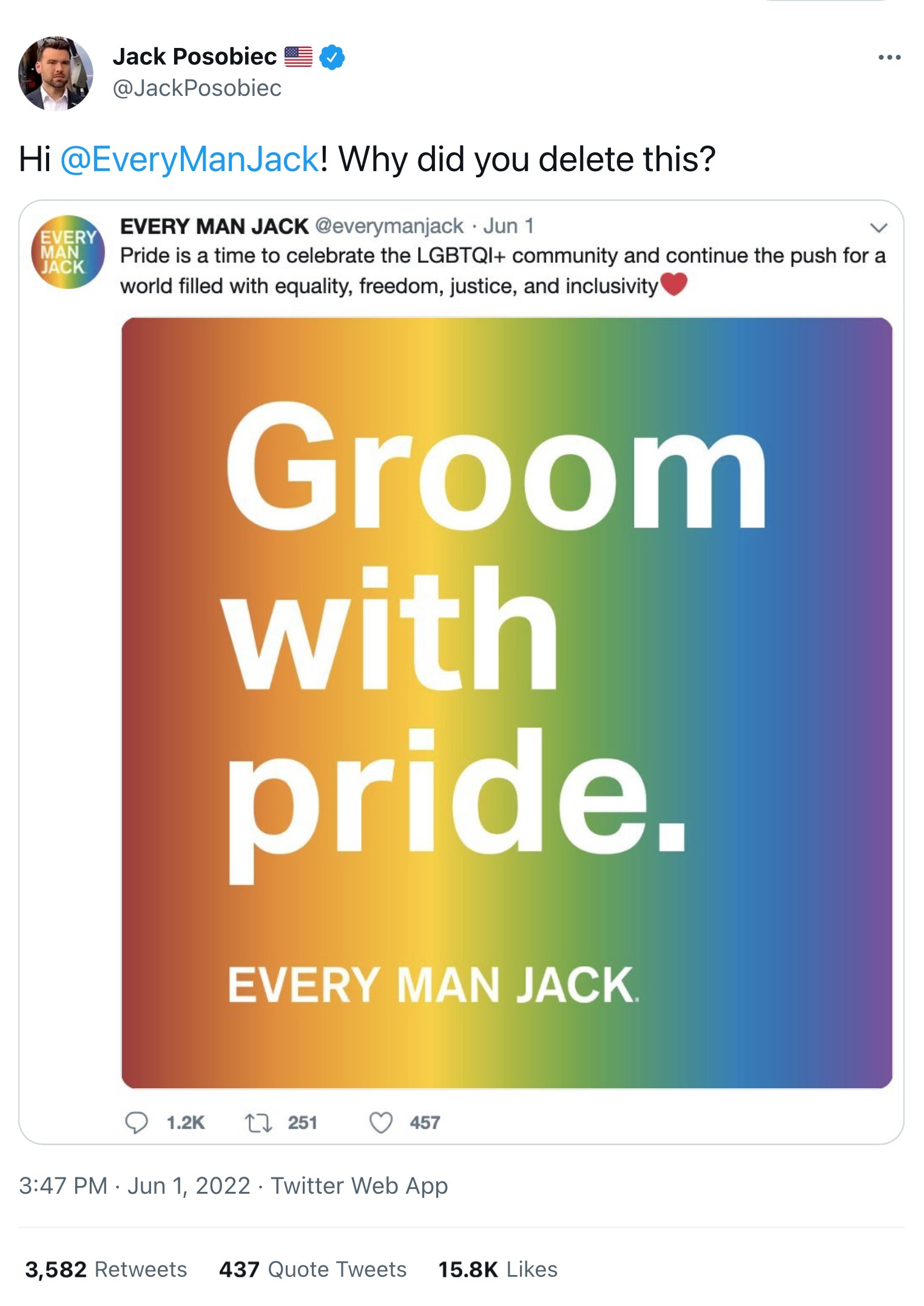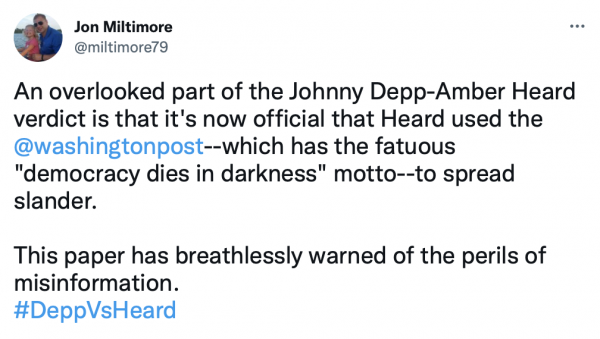OH, THAT LIBERAL FASCISM: Covid was liberalism’s endgame.
How are we to understand the dramatically different responses of our society to the Spanish flu of a century ago and to Covid today? There is an inverse relationship between the severity of these pandemics and the severity of measures to control them. Clearly, Covid acquired some of its emergency energy from the ambient political crisis dating from 2016, which put the establishment on a war footing. But it also slotted nicely into the more general politics of emergency that is the unacknowledged core of technocratic progressivism, and is further advanced today than it was in 1918.
In 2020, a fearful public acquiesced to an extraordinary extension of expert jurisdiction over every domain of life, and a corresponding transfer of sovereignty from representative bodies to unelected agencies located in the executive branch of government. Notoriously, polling indicated that perception of the risks of Covid outstripped the reality by one to two orders of magnitude, but with a sharp demarcation: the hundredfold distortion was among self-identified liberal Democrats, that is, those whose yard signs exhorted us to “believe in science”.
In a technocratic regime, whoever controls what Science Says controls the state. What Science Says is then subject to political contest, and subject to capture by whoever funds it. Which turns out to be the state itself. Here is an epistemic self-licking ice cream cone that bristles at outside interference. Many factual ambiguities and rival hypotheses about the pandemic, typical of the scientific process, were resolved not by rational debate but by intimidation, with heavy use of the term “disinformation” and attendant enforcement by social media companies acting as franchisees of the state. In this there seems to have been a consistent bias toward scientific interpretations that induced fear, even at the cost of omitting relevant context.
If all of this strikes you as illiberal, it should. Yet in another sense, the central role of fear in politics has an impeccable liberal pedigree in the thought of Thomas Hobbes. This brings us to the deeper, anthropological project of liberalism.
Which speaks volumes, considering how deeply illiberal much of 1910s America were.



